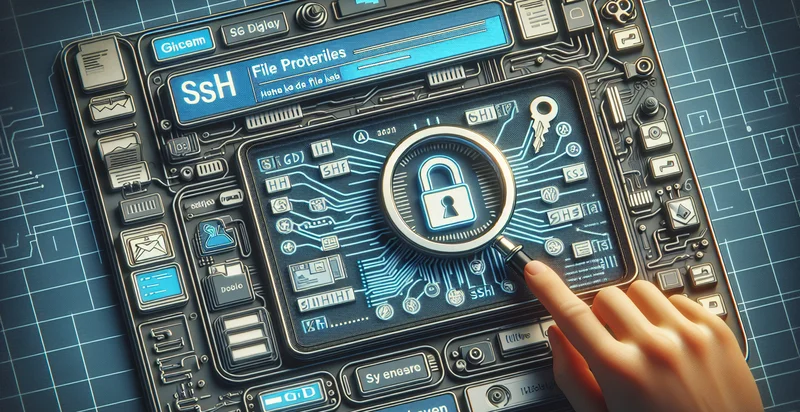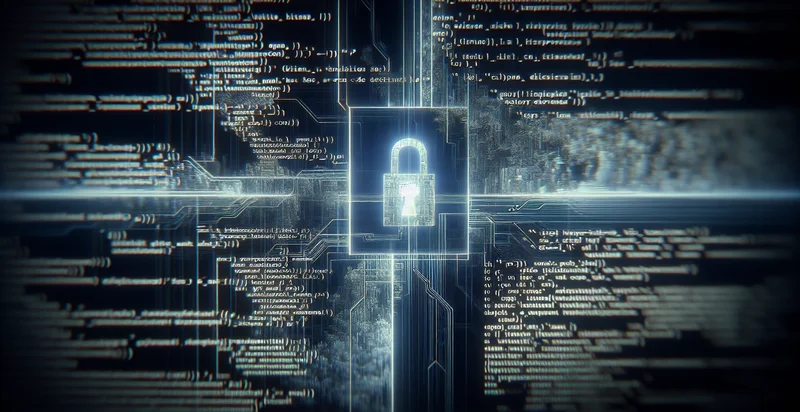Identify if ssh key is in binary
using AI
Below is a free classifier to identify if ssh key is in binary. Just input your text, and our AI will predict if the SSH key is in binary - in just seconds.

Contact us for API access
Or, use Nyckel to build highly-accurate custom classifiers in just minutes. No PhD required.
Get started
import nyckel
credentials = nyckel.Credentials("YOUR_CLIENT_ID", "YOUR_CLIENT_SECRET")
nyckel.invoke("if-ssh-key-is-in-binary", "your_text_here", credentials)
fetch('https://www.nyckel.com/v1/functions/if-ssh-key-is-in-binary/invoke', {
method: 'POST',
headers: {
'Authorization': 'Bearer ' + 'YOUR_BEARER_TOKEN',
'Content-Type': 'application/json',
},
body: JSON.stringify(
{"data": "your_text_here"}
)
})
.then(response => response.json())
.then(data => console.log(data));
curl -X POST \
-H "Content-Type: application/json" \
-H "Authorization: Bearer YOUR_BEARER_TOKEN" \
-d '{"data": "your_text_here"}' \
https://www.nyckel.com/v1/functions/if-ssh-key-is-in-binary/invoke
How this classifier works
To start, input the text that you'd like analyzed. Our AI tool will then predict if the SSH key is in binary.
This pretrained text model uses a Nyckel-created dataset and has 2 labels, including Key Absent and Key Present.
We'll also show a confidence score (the higher the number, the more confident the AI model is around if the SSH key is in binary).
Whether you're just curious or building if ssh key is in binary detection into your application, we hope our classifier proves helpful.
Related Classifiers
Need to identify if ssh key is in binary at scale?
Get API or Zapier access to this classifier for free. It's perfect for:
- Security Compliance Verification: Organizations can utilize the binary SSH key identifier to ensure compliance with security policies. By scanning repositories and configurations, they can identify any SSH keys stored in inappropriate formats, mitigating the risk of security breaches.
- Automated Code Review: Integrating this function into a continuous integration/continuous deployment (CI/CD) pipeline enables automated code reviews. By identifying binary SSH keys early in the development process, teams can prevent accidental exposure of sensitive information in codebases.
- Data Leakage Prevention: Companies can implement this identifier as part of a data loss prevention (DLP) strategy. It helps flag any instances of binary SSH keys in files or communications, allowing for proactive measures to safeguard against unauthorized access.
- Incident Response and Forensics: During security incident investigations, identifying binary SSH keys can provide insights into possible unauthorized access points. This function can assist forensic teams in tracking down compromised keys and actions taken by malicious actors.
- Configuration Management: IT departments can utilize the binary SSH key identifier to audit server configurations. By ensuring that SSH keys are stored correctly, they can reduce configuration drift and maintain a standardized security posture across the organization.
- Cloud Resource Management: Cloud service providers can use this identifier to monitor and manage SSH keys associated with virtual machines and services. By ensuring that no binary SSH keys are present, providers can enhance the security of their offerings for customers.
- Developer Education and Awareness: Organizations can leverage the binary SSH key identifier as an educational tool for developers. By illustrating the security implications of improperly stored SSH keys, they can foster a culture of secure coding practices and increase overall awareness of best practices.


